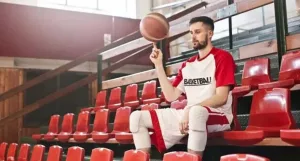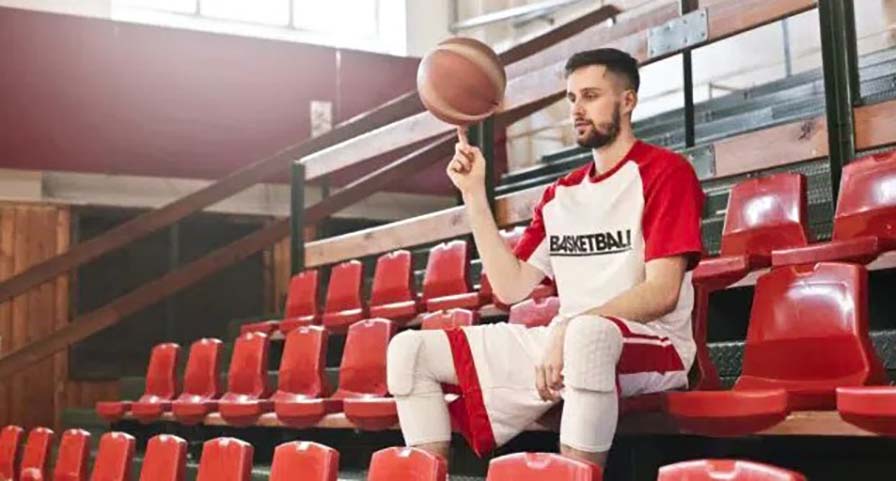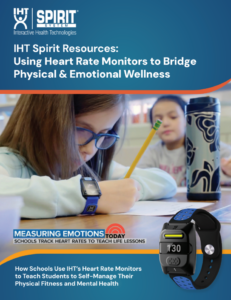Originally published Aug. 12, 2022 by Surprise Sports.
By Golam Muktadir
Athletic training and academic study are interrelated. Both are two sides of one coin. Sports in education are an integral part of the curriculum. It helps to shape a person’s personality and contributes to their holistic development. In some ways, this subject is a demonstration of all the disciplines that one has learned in school. Every sport has its foundations in math and physics.
Although many subjects are taught in the classroom, sports and physical education offer students an opportunity to be outside and exercise, as well as learning a wide range of skills.
 Students usually being overloaded, do not have time to exercise so if you feel like you need someone to “write my thesis paper for me” – ask for help.
Students usually being overloaded, do not have time to exercise so if you feel like you need someone to “write my thesis paper for me” – ask for help.
There are many educational benefits to sports, and not just for the physical. This blog will examine how athletics positively impacts student academic success as well as their health and lifestyle.
Sports Benefits While Learning
These are just a few of the many benefits that your child will enjoy when they get more involved in sports and physical activity.
Improvement of Health
Outdoor sports are great for kids and can help with your fitness. Regular exercise can help you build a strong heart, bones and lung function. It also helps prevent chronic diseases. Sport can help with diabetes management, weight loss, blood circulation and stress reduction. The combination of cerebral and physical development allows for the strengthening and toning of bones and muscles through sports.
Through sports, students learn how important it is to live a healthy lifestyle. Sports can help prevent obesity and promote healthy eating habits. Sports encourage young people to eat more vegetables and fruits. They are less likely than their peers to become obese, and they are more likely grow up to be active adults.
Both communicable and not-communicable disease prevention is possible through physical activity and sports. Sports are therefore cost-effective strategies to improve the health of the general population in both developed and developing countries.
Confidence Booster
Sport isn’t all about winning. Rather, it is about achieving goals and working as a team. Friendly competition is what most sports are aiming for. PE teachers have to harness the natural competitiveness and joy of sport to help students enjoy and learn to play peacefully and gain confidence.
A coach’s encouragement words or scoring the winning goal for their team can boost confidence in a child. As a character trait, children must have high self-esteem. Sport can instill a spirit of perseverance and will carry that over to their academic careers.
Leadership Skill
Each team needs a leader whether they are playing with the national team or a small group of friends. Students are given the opportunity to be a leader as they mature. This helps them become confident and able to make decisive and informed decisions. These skills can be improved through sports, which require that decisions are made and communicated to the other members of the team frequently for the greater good.
When hiring new employees, businesses are looking for people who can work in a team environment. As they move up the corporate ladder, their leadership experience will be more important.
Teamwork
Effective teams are made up of people who can work well together. Physical education is often the first exposure to teamwork for children.
Many teams believe that the whole team is more important than each individual. Your child will be able to participate in a team effort and see firsthand the importance of success.
Discipline
Underrated is the aspect of sport that involves failure. You must be disciplined and persistent to succeed in life. Athletics is one way to do this. The sport’s fundamental character with clearly defined losers and winners results in natural highs. This is something that young athletes must be ready for later in their lives.
Sport is a great way to show that hard work pays off. To succeed in any endeavor, you will need persistence and a never say die attitude. Through sports, your youngster will see the importance of persevering in order to achieve one’s goals.
Academic Performance
Sport activities teach discipline which can be beneficial in all areas of life. Through sports, students learn tactical, mental and physical training. Students can focus better and have a clearer vision. These traits are essential for academic success. Students who take part in sports and exercise can be successful at academics.
Social Development
Sport is good for your physical and mental health. They also help develop leadership skills and equip them with the ability to set goals and build character. Participating in sports can lead to higher self-esteem and better social interaction. It also helps students have a positive outlook on life.
Through sports, children learn about ethics, responsibility, trust, and morality. A person can deal with all the twists and turns of life more gracefully if they have a spirit of sportsmanship. They will have positive values and a positive outlook, which will make them less likely to succumb to social ills. Research shows that students who are involved in sports have higher grades and more self-confidence. They also graduate faster.
Importance of Sports in Education
There are many benefits to sport that go far beyond the physical. The academic success of a child can be significantly affected by their participation in sports and exercise. Incorporating sports education into the school curriculum has many benefits. It teaches students teamwork and discipline. It helps children be more polite in everyday life. Regular exercise keeps people healthy and fit, which protects them from diseases like obesity and arthritis.
Participating in sports can help individuals gain confidence and leadership skills. It helps students overcome all obstacles and learn how to deal with them. Physical activity promotes growth and improves mental and physical health. Many of these events are essential for physical development.
Participation in sports is a part of the school curriculum and children who do so grow up to become more physically fit. They become more outgoing and communicative, and are more competitive and stronger. Their confidence increases and they are more open to meeting new people and different situations. This instills in children a sense that hard work is a virtue from an early age.


